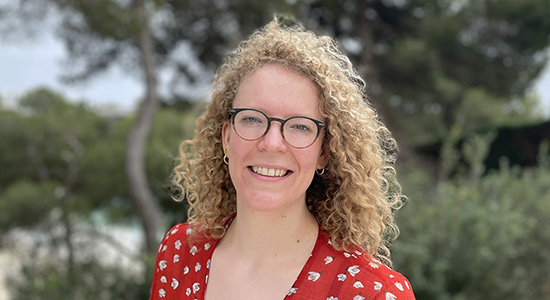Lubberding Group
Cardiometabolic diseases, including primary heart disease, type 2 diabetes and its cardiovascular complications, pose a serious and escalating threat to global health. The prevalence of cardiometabolic disease continues to rise, driven by our aging population, sedentary lifestyles, poor diets and the high prevalence of obesity.
The function of the heart, as well as the function of the endocrine tissues important for maintaining our blood glucose, use ion channels to perform their function. We work to combat cardiometabolic disease by investigating ion channels in cardiac and pancreatic islet (electro-)physiology, with the ultimate goal of identifying novel mechanisms of cardiometabolic disease and targets for therapeutic interventions.
Pancreatic beta-cell aging and its relation to type 2 diabetes
Type 2 Diabetes arises when insulin secretion from pancreatic beta-cells fails to meet insulin demands. Genetic predisposition and age are both major risk factors for the development of beta-cell dysfunction and diabetes.
Genome-wide association studies have identified a variety of important diabetes susceptibility genes, including some encoding ion channels.
We study genetic models of ion channel mutations with human relevance that affect pancreatic islet function to clarify the molecular mechanisms underlying beta-cell failure in ageing.
Novel conductance-dependent and -independent roles of ion channels in glucose homeostasis
Ion channels are best known for conducting ions across the plasma membrane, thereby generating and modulating electrical signals. However, ion channels may also serve functions in trafficking or cell signaling, or affect cellular functions through protein-protein interactions.
Our lab is interested in both the current-dependent and -independent roles of ion channels in the secretion of metabolic hormones and investigates both aspects to identify novel therapeutic targets in cardiometabolic disease.
The cardiac electrophysiological effect of GLP-1 receptor agonists
Glucagon-like peptide-1 receptor agonists (GLP-1 RAs) are increasingly used to treat type 2 diabetes and obesity.
Albeit cardiovascular outcomes are overall improved, treatment with GLP-1 RAs is associated with an increased heart rate, which limits the use of GLP-1 RAs in some people, for instance people with heart failure with reduced ejection fraction.
We recently identified that the effect of GLP-1 is in fact directly on the cardiac sinus node, mediated by the GLP-1 receptor, and through alterations in calcium handling. We continue to work on identifying the details of this mechanism and how to prevent it.
We employ a variety of different techniques, either directly in our lab, or in collaboration with others. Examples of the techniques we use are:
- Use of different model systems, e.g.
- Cell lines. For example, we have mouse, rat and human beta-cell lines.
- Overexpression, knockdown or point mutations using CRISPR
- Genetically-modified mouse models
- Ex vivo and in vitro hormone secretion assays, e.g.
- Static incubation
- Islet perifusion
- Cell superfusion
- Measuring hormone content using ELISA
- Molecular biology
- qPCR
- WB
- IHC
- ICC
- Co-IP
- Electrophysiology
- Live cell imaging (in collaboration with the Core Facility for Integrated Bioimaging)
- -Omics, including transcriptomics and proteomics
Projects running in our lab are supported by:
- Novo Nordisk Foundation: Research Leader Programme: Excellence Emerging Investigator Grant within Endocrinology and Metabolism – Nordic Region
- Independent Research Fund Denmark: Research Project 2
- Novo Nordisk Foundation: Project grant in Endocrinology and Endocrinology and Metabolism – Nordic Region
- Danish Diabetes and Endocrinology Academy
- Danish Cardiovascular Academy
Group members
| Name | Title | Phone | |
|---|---|---|---|
| Anniek Frederike Lubberding | Assistant Professor - Tenure Track | +4535328260 |

Group Leader
Anniek Frederike Lubberding
Tenure-Track Assistant Professor
Department of Biomedical Sciences
Physiology of Circulation, Kidney and Lung
Phone: +45 2299 9774
alubberding@sund.ku.dk
ORCID: 0000-0002-6691-8581
